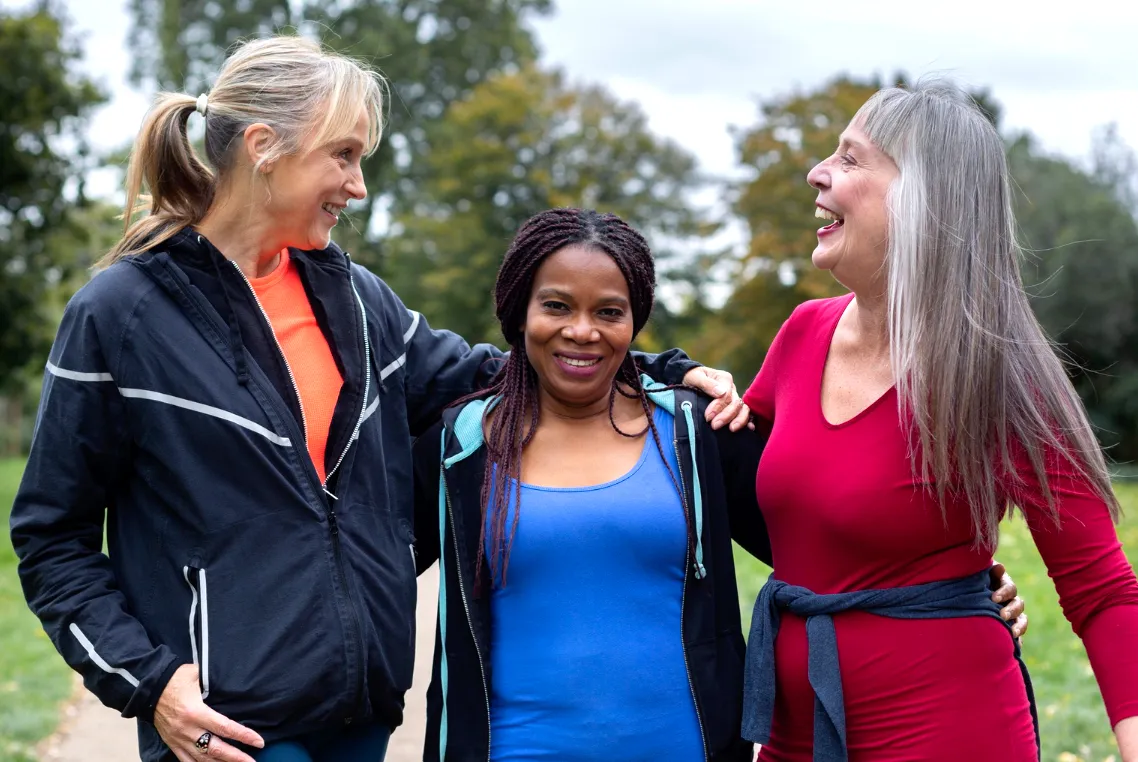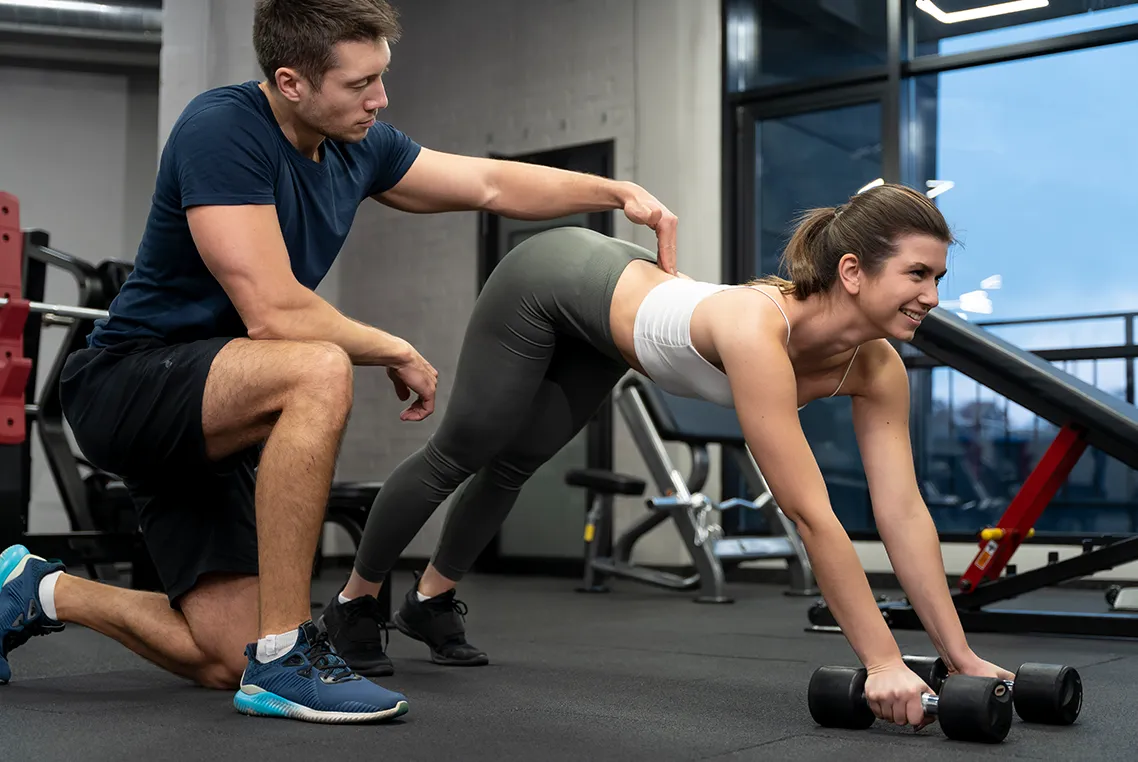As an organisation committed to promoting health and fitness, the National Training Centre understands the importance of providing tailored advice and guidelines for instructors and trainers working with menopausal clients.
Here are some tips and considerations to keep in mind when working with this population:
- Understand the physiological changes: Menopause is a natural biological process that affects the body in a variety of ways, such as decreased bone density, hormonal changes, and an increased risk of cardiovascular disease. Instructors and trainers should have a solid understanding of these changes in order to provide safe and effective workouts.
- Focus on weight-bearing exercise: Menopausal women are at increased risk of osteoporosis due to decreased bone density. Therefore, weight-bearing exercises such as resistance training and plyometrics should be a key component of any exercise program for this population.
- Be mindful of hot flashes and other symptoms: Menopausal women may experience hot flashes, night sweats, and other symptoms that can be disruptive during workouts. Instructors and trainers should be sensitive to these symptoms and allow for modifications or rest breaks as needed.
- Encourage regular exercise: Regular physical activity has been shown to alleviate the symptoms of menopause and improve overall health and well-being. Instructors and trainers should encourage menopausal clients to engage in regular exercise, even if it’s just a brisk walk or yoga session.
- Provide nutrition advice: As an instructor or trainer, it’s important to understand the role of nutrition in managing menopause symptoms. Encourage clients to consume a balanced diet that includes plenty of fruits, vegetables, whole grains, lean protein, and healthy fats, and avoid processed foods, sugar, and alcohol.
- Consider supplements: As mentioned earlier, supplements such as calcium and vitamin D can be helpful in improving bone health, while omega-3 fatty acids can reduce inflammation and improve heart health. Instructors and trainers should be aware of the potential benefits of supplements and encourage clients to discuss these options with a healthcare provider.
- Overall, instructors and trainers should be knowledgeable and understanding of the physiological changes that occur during menopause, and be sensitive to the unique needs and challenges of this population. By providing tailored advice and guidelines, instructors and trainers can help menopausal clients maintain a healthy and active lifestyle.


